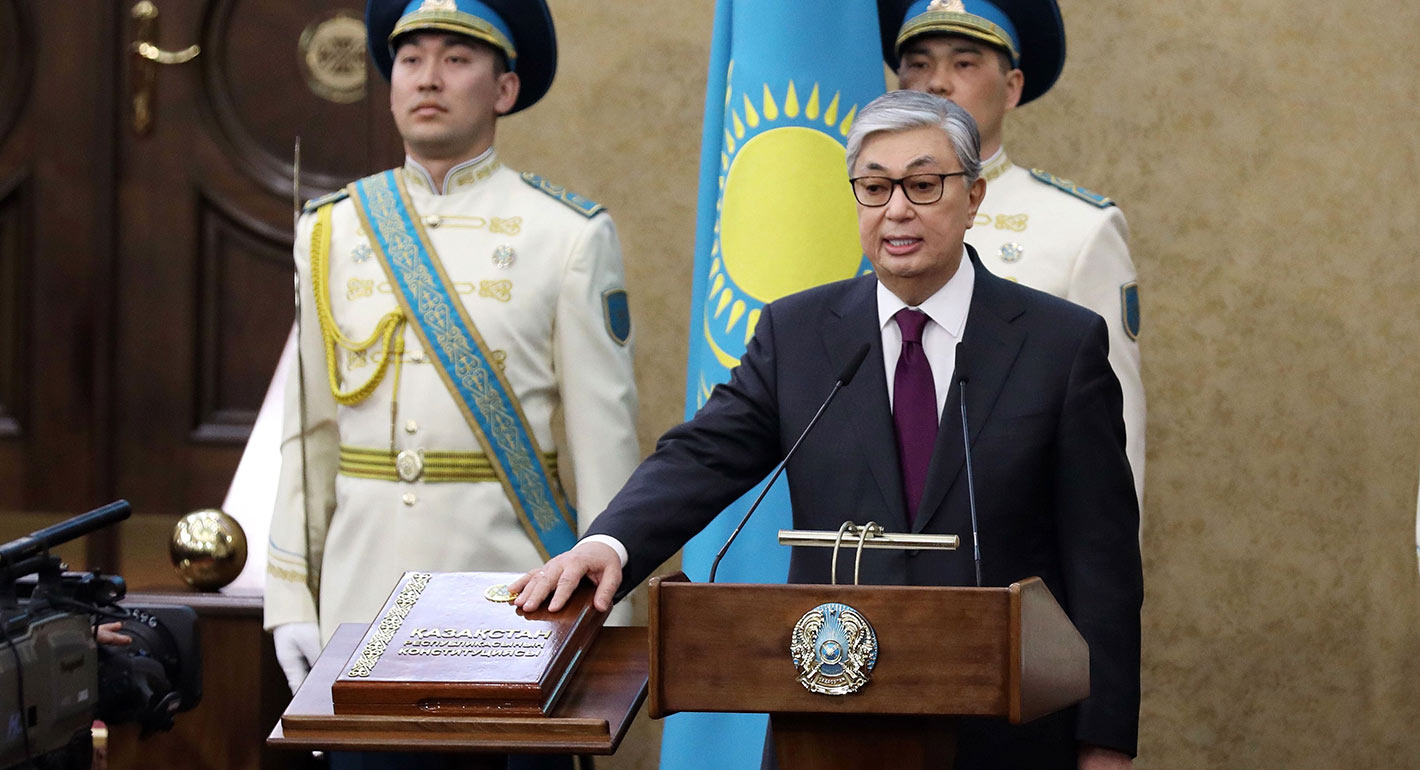What has happened?
Kazakhstan’s seventy-eight-year-old President Nursultan Nazarbayev announced his resignation on March 19, after leading the Central Asian country for almost thirty years. Given his long-standing hold on power and the country’s position as the region’s economic powerhouse, this news sent shockwaves through Central Asia. The speaker of the upper house of Kazakhstan’s parliament, Kassym-Jomart Tokayev, was sworn in as acting president a day later. He will serve until the next election, which is scheduled for 2020. Parliament subsequently elected Dariga Narzarbayeva, the former president’s daughter, to replace Tokayev as speaker, officially putting her in the constitutional line of succession.
Why it matters
The transition is occurring at a time of increased geopolitical uncertainty for Kazakhstan, with an assertive Russia to the north and an economically ambitious China to the east. Nazarbayev astutely managed these difficult relationships, while creating positive ties with the West. Tokayev, a former foreign Minister, is a well-respected figure in Kazakhstan’s three most important foreign partners, Russia, China and the United States. He appears likely to continue that tradition.
Kazakhstan also faces deep domestic challenges. Rising discontent over income inequality, poor governance, and growing social problems led to sporadic protests in the country’s two most important cities, as well as in oil-rich western Kazakhstan.
With a growing sense of economic stagnation and social malaise, Nazarbayev’s resignation is bound to divert attention away from these problems, at least for now. But what the country needs are systemic economic reforms to diversify the economy away from hydrocarbons, create jobs and reduce poverty. Such reforms are unlikely during a transition period.
What is next?
Nazarbayev’s departure from the presidency does not necessarily reduce his influence. Constitutional changes in 2017 weakened the power of the Kazakh president, and strengthened the clout of the Security Council, which Nazarbayev will continue to chair. That position will give him influence over the country’s foreign policy and security trajectory. Meanwhile, his title as “Leader of the Nation” and head of the ruling party allow him to influence domestic matters for the foreseeable future.
Nonetheless, Nazarbayev’s resignation sets him apart from other post-Soviet Central Asian leaders, who have died in office or been overthrown in popular revolts.
Nazarbayev also has filled key positions with close allies, including Tokayev, Nazarbayeva and Karim Massimov, a former Prime Minister who now heads the country’s security services. Perhaps in a signal that transition was imminent, Massimov was elevated to the military rank of General Major the day before Nazarbayev’s surprise resignation announcement. Nazarbayev likely believes that this sort of transition will secure his family’s wellbeing, and help assure stability in the country as the transition plays out.


.jpg)


